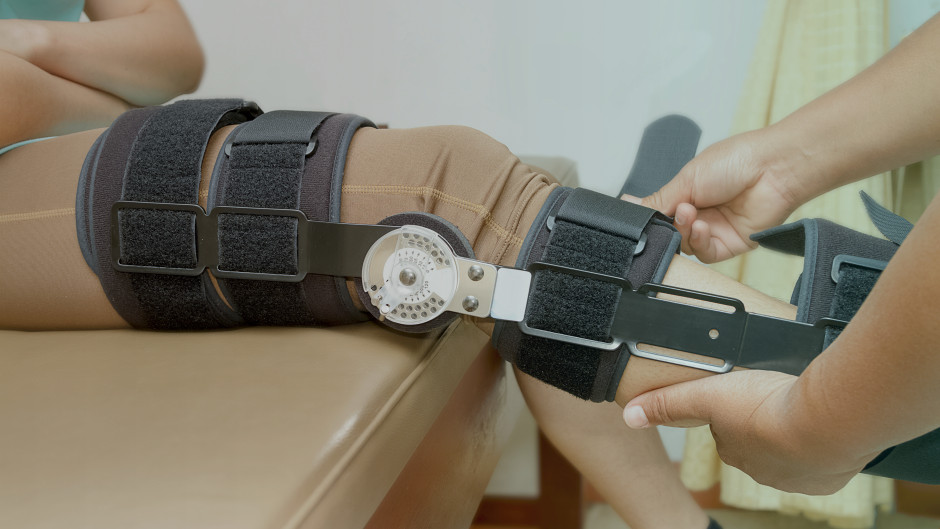5 SKILLS EVERY PHYSIOTHERAPIST NEEDS TO DEVELOP FOR PATIENT EDUCATION
Louw and Puentedura (2014) defined patient education as “Any set of planned activities that are designed to improve a patient's health behaviors, their health status, or both.” Oshodi talks about how it's about facilitating a patient's knowledge base. Facilitation is all about guiding people, not telling people. There is no one way to teach somebody.
Everything that we do is complex. Pain, education, us, communication, education, clinical practice. Everything we do is complicated. As the researcher Bullington fabulously once said, “to encounter another human is to encounter another world.” This is a simple truth of healthcare. But every time you meet somebody new, your 08:00 patient, your 8:30 patient, your 09:00 patient, they are different. So, we have to adapt to that individual. In order to adapt to that individual and match their needs we need to develop some skills.
If you want to learn more about this topic, you can watch Mike Stewart's lecture here:
The healthcare cupboard
Healthcare really is this messy cupboard. We have this mess, which includes lots of things that we've thrown into our physiotherapy cupboard over the years.The electro machines, the Placebo Tron 4000, the K tape, all these different machines and ideas and modalities that we've developed over the years that we know often don't have a great deal of education, but they're all in there, and it's a bit messy. So what we need to do is maybe take everything out of that cupboard and try to order it and include some other important skills which will help us educate patients.

5 skills important for patient education
1. Empathy
People don't care what you know until they know that you care. There's no point in having lots of knowledge if we don't show that we're caring. Empathy is about showing we care,and that can be a difficult thing to do at times when we're busy and stressed in our job.
2. Communication skills.
The educator Gardner once said, if you can't communicate, it doesn't matter what you know. It doesn't matter if you've got a Nobel Prize in physiotherapy if you can't communicate what you know to somebody else in a way that makes sense.
A physiotherapists clear explanation and expression of support could lead to greater patient trust and understanding of treatment options. This in turn may facilitate patient adherence to recommended therapy, which in turn improves the particular health outcome. Increased patient participation in the consultation could help the physiotherapist better understand the patient’s needs and preferences as well as discover possible misconceptions the patient may have about treatment options. 2
3. Facilitational skills
Facilitational skills are all about guiding people, not telling people. We don't learn these facilitational skills in university, which causes a big problem. In the study from Briggs, Carr and Whitaker in 2011, they found that less than 1% of all of those hours that we spend learning how to become a physiotherapist is spent learning how to teach. Although rest of the subjects we learn during graduation are important, maybe it's more important to learn how to guide people, what to do when they get stuck. What is the educational process? How do people learn best? and what are their styles of learning?
4. Compassion
Compassion is defined as a motivated desire to help other people. if we develop our teaching skills, we have more compassion, because essentially, compassion is about a motivated desire. How many of us have experienced compassion fatigue, and felt really tired and you just don't know what to do anymore. So the question is , would you like to learn how to work less hard and how to make your patients work harder? Because fundamentally, that's what teaching skills give you. Teaching skills enable you to make a shift where you work less hard and the patient in front of you works harder.
5. Big picture thinking,
Education is all about conceptual thinking, not categorical thinking, not thinking in small boxes, but being able to see the bigger picture, which is crucial when we're thinking about helping people in pain.
If you want to learn more about this topic, you can watch Mike Stewart's lecture here:
SOURCES:
1. ‘An introductory guide for developing your patient education skills’ lecture by Mike Stewart
2. How does communication heal? Pathways linking clinician–patient communication to health outcomes. Patient education and counseling. Street Jr RL, Makoul G, Arora NK, Epstein RM 2009 Mar



